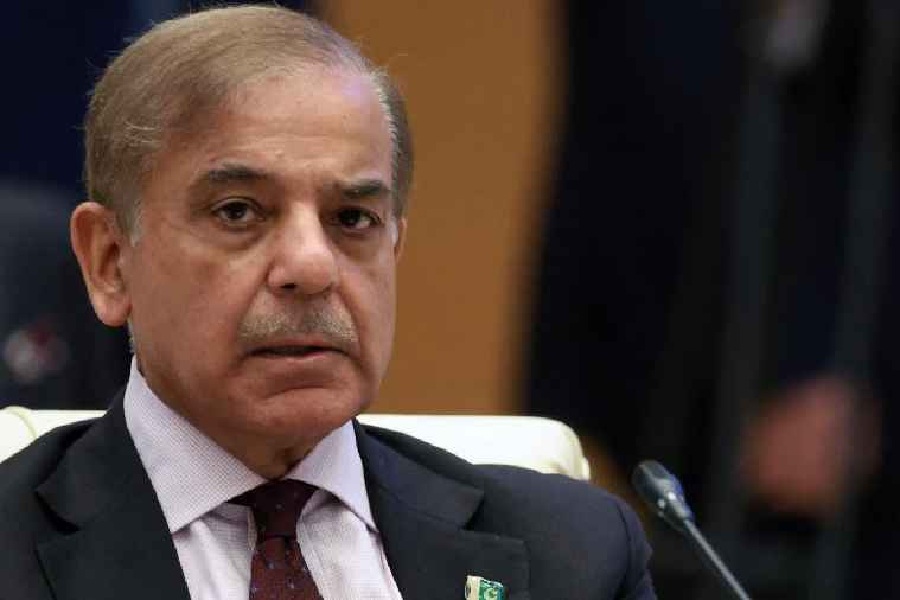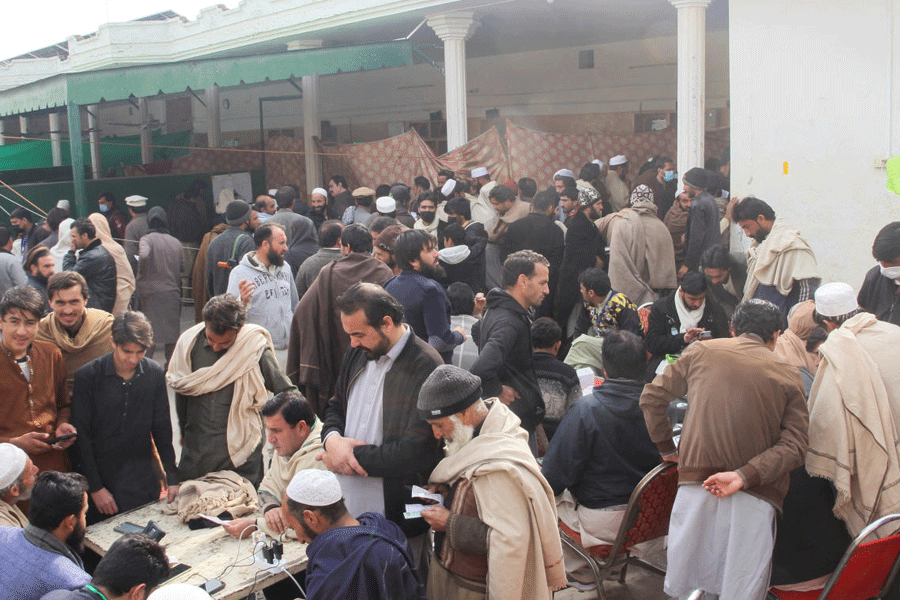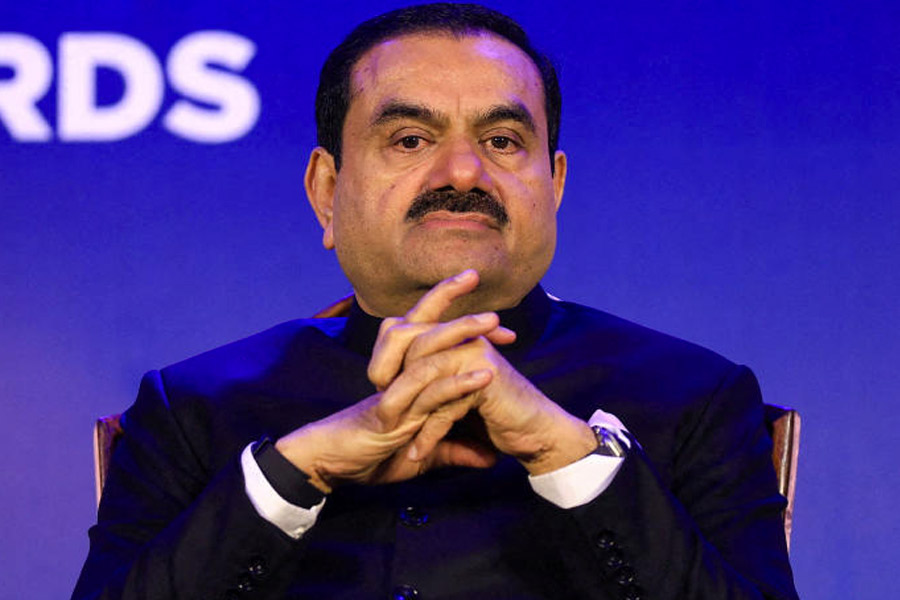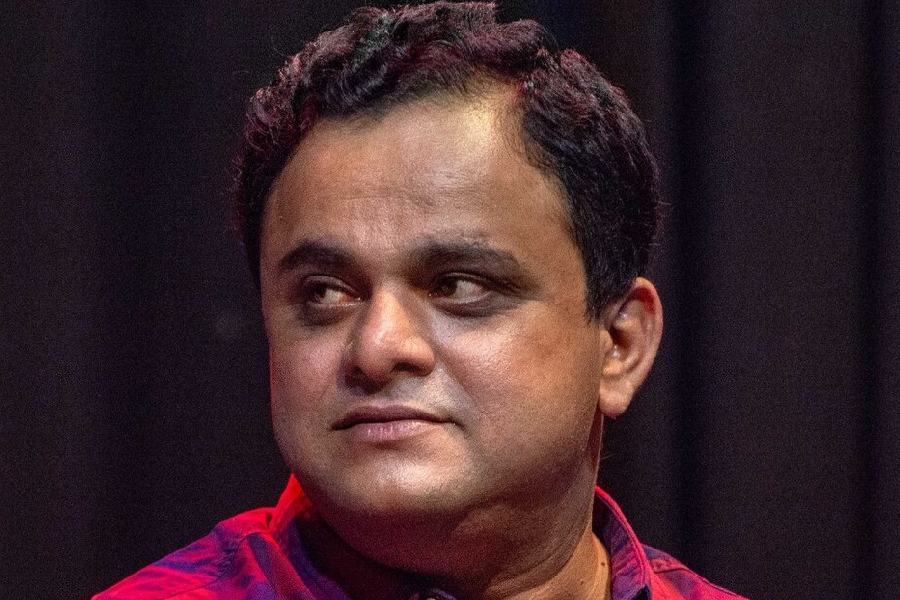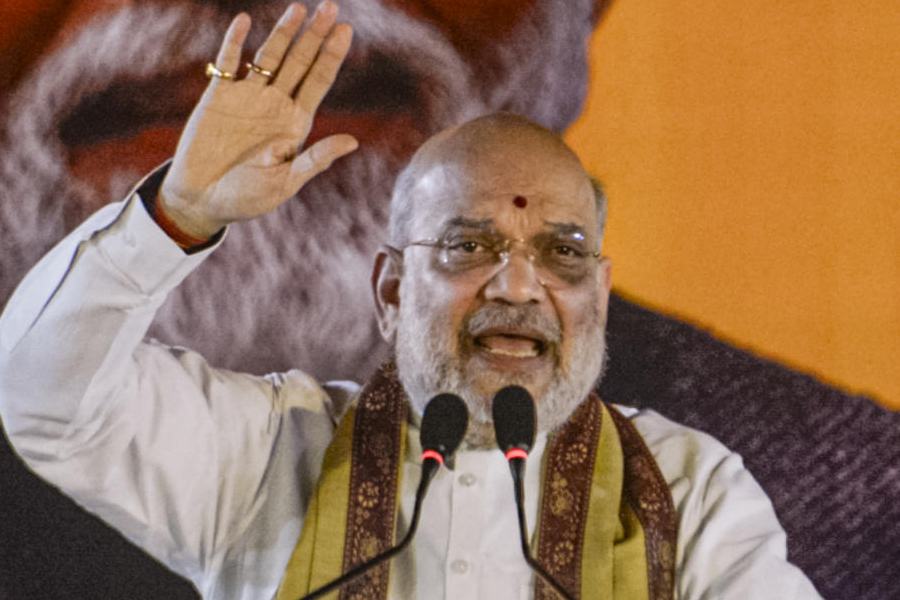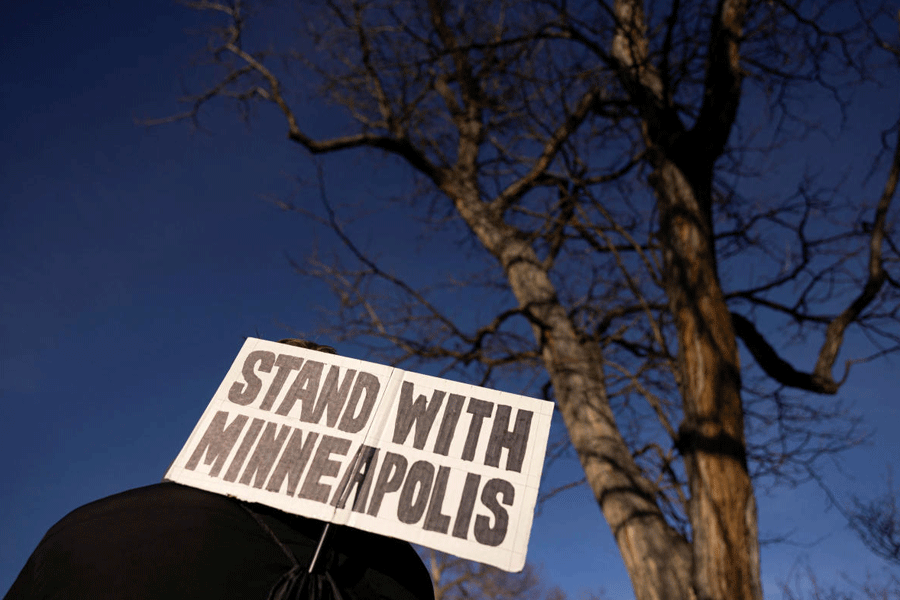|
|
| Doon School: keeping the tradition alive |
Once the British exported their rule. Then it was the English language. Now, Pax Britannica trades in that ultimate symbol of English snobbery, the hallowed public school. With Darjeeling?s grand boarding schools nicknamed ?Eton of the East? and ?Harrow on the Hooghly? and other institutions often importing the best masters from Britian, India had no need to invite British public schools to set up branches here. In contrast, the young Chinese might soon cut a typically ?English? dash in blazer and school tie on the Bund ? Shanghai?s promenade from the colonial period where Chinese and dogs were once forbidden ? as students of elite British schools vie for a spot in the communist paradise.
Smart Indians who go to school in England will sniff at the trend. Jawaharlal Nehru once wrote of how other Harrovians ragged the young Maharajah of Kapurthala, who did not improve matters by vowing to cut off their heads if they ever set foot on his state. Others like Pesi Ginwala, the Calcutta barrister, preferred Charterhouse. Some sons of Marwari businessmen now go to Winchester. Indians have always been snobs. Asked if her husband?s school was Mill Hill or Millfield, Mrs Mohie Das, widow of the first Indian burra sahib of Mackinnon Mackenzie, retorted, ?Mill Hill of course. Millfield was only for the post-war nouveau riche!?
Interestingly, Das?s parents, S.R. Das and his wife, set up Doon School so that Indian boys who went to school in England did not become estranged from India. While their reservation about the English system was cultural, China?s inhibitions were political. The Chinese are making up for lost time with a growing appetite for what is thought to be British style. But the British public schools that are going there are neither British nor for the public: they cater to a tiny fee-paying English minority. Indulgent parents in a China whose economy is booming will lavish their ?little emperors? with the best of English education and at a fraction of the cost of sending them to England.
One of the schools in the running is Dulwich College, which I remember from cross-country races during my own schooldays in England. As the East India Company?s school to train civil servants, Haileybury has a greater claim to educating young Asians. It nurtured Malthus, and incorporates Rudyard Kipling?s old Imperial Service College. But Haileybury ? also the school of NDTV?s Prannoy Roy ? has chosen to stay out of the race to penetrate Asia.
Perhaps, for the descendants of the Empire, once was enough. Nor were Old Haileyburians amused to learn that a school in Australia with no connection with their?s has the temerity to call itself Haileybury.
Dulwich boasts a connection with China through P.G. Wodehouse, the novelist of English top people who was born to a judge in Hong Kong. Class concerns naturally disqualified local British missionary schools filled with ?natives? for the likes of Wodehouse who could afford England. Similarly, the British established a school in Darjeeling for British children who could not go home because of World War II and would not attend a local school. Among its alumni are Mark Tully and the ennobled Labour politician, Lord (Giles) Radice. Missionary schools were banned in China after Mao Zedong?s revolution, and a law still bars Chinese children under the age of 15-and-a-half from studying with foreigners. All that might change.
Dulwich?s Master believes that the law will be revised. ?The indications?, he remarks ?are that they will be allowed.? As public schools fall out of fashion in England because of the high cost and a changing lifestyle that regards a public school accent archaic (the ?in? accent today, called ?Estuary?, is a variant of the old London Cockney), the schools themselves are looking for a slice of the burgeoning education business in the world?s most dynamic economy. China spent ?22 billion on education in 2002 and the figure is believed to have increased to ?50 billion last year. United Nations data show that the average Chinese family values education to the extent of saving 10 per cent of its income for studies. If the law changes, then British schools want to be in on it.
Asians are keen on English education. Some non-resident Indians in Britain are sending their children to Mayo College in Ajmer, which still carries for them a whiff of princely grandeur. Bangkok?s Harrow International School is the very model of Englishness and based on the school that also educated Lord Palmerston, who was responsible for the 19th century Opium Wars. The only dissonance is a notice along the hallways: ?Fine for speaking Thai ? 10 baht?. Half the students at Harrow?s international version are Thai. But as budding pukka sahibs, they must not chatter away in Thai.
The Malaysian government sent upto 15,000 boomiputras ? sons of the soil, that is Malay Muslims and not Indian or Chinese settlers ? to public schools in Britain before the financial crisis. The four Malay boys at Haileybury set aside one study for prayers, with an arrow marked on the lino floor pointing towards Mecca. Now, communist China, too, seems to be developing a taste for the class system with prefects, monitors, fags and a head boy.
Of course, there are tangible benefits to an English education. The Singaporean research group, Strategic Intelligence, castigated south-east Asian schools for rote learning, failing to prepare children to communicate with the wider world and, most importantly, to think for themselves. Haileybury?s mix of the impecunious with the grand, and parades by the Coldstream Guards, impart a sense of responsibility and values that are alien to the mollycoddled majority of today?s state-school-educated Western youth.
Britain?s indelible mark on its former empire also plays a role in attracting Asians. In the splash of darkness of the Padang beyond Singapore?s Cricket Club twinkle the lights of court, cathedral, parliament and promenade, Britain?s footprints over palm and pine. Raffles Institution ? my school before Haileybury ? bears testament to its English founder.
Old values in new guises have a hand too. Meritocracies have replaced pedigree as the new symbol of class-consciousness. What better way to achieve success than to go to schools that have a history of sound teaching?
When an irate mother complained that despite attending a leading public school ? in Britain ? her son contrived to speak with the dreadful ?Estuary? accent, the consoling reply was that the various patois, heard on radio and television, have always confused immigrants who wish to speak proper. But they should not worry, continues the reply, for the old-fashioned BBC accent associated with public schools is bound to return as the new ?politically correct? language of inclusion.
The modern term, ?networking? (guanxi in Chinese), has an old pedigree in the ?old school tie?. We will now witness a new form of guanxi. The fees of upto ?10,000 that the new schools in China will charge may be a fraction of the cost of the English originals, yet in Asia, they will attract only the elite. In an earlier era, the 11th Duke of Devonshire, proud of attending Eton, the pinnacle of social scrambling, held a plethora of colonial posts. The appointments, he admitted, ?were the greatest acts of nepotism ever?. It was on Eton?s playing fields, according to the Duke of Wellington, that the British won Waterloo.
If imitation is the greatest form of flattery, then Asians are paying the British the ultimate compliment. Today, British style blends in Britain with bhangra and reggae. More English than the English, V.S. Naipaul might grumble at the development, but a distinctly multicultural Britain has no room for starchy Englishness. But that does not mean that Malcolm Muggeridge will be proved right and an Indian can strut around Delhi?s Golf Club as the last Englishman. The last Englishman is more likely to be a Chinese strolling along the Bund in Shanghai in his public school cap.



